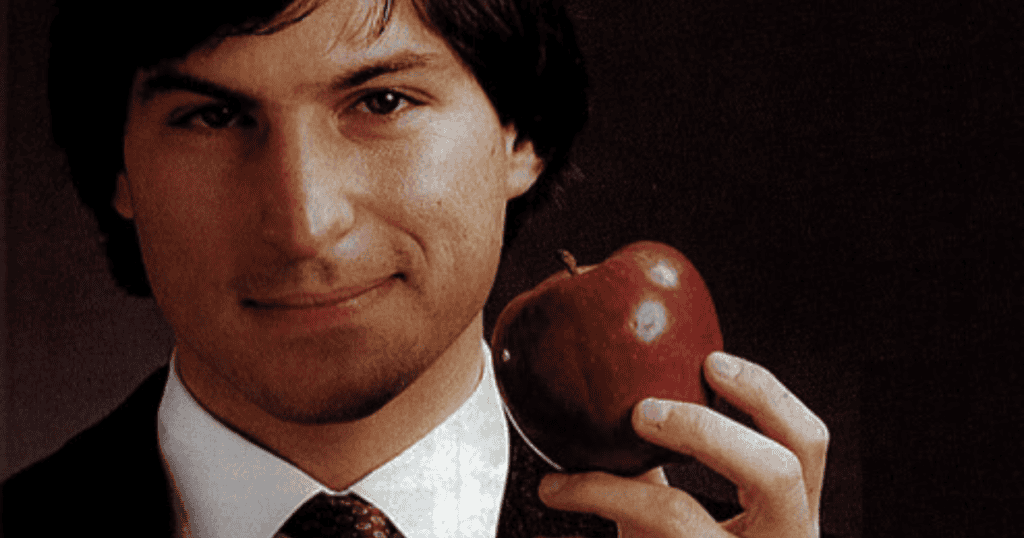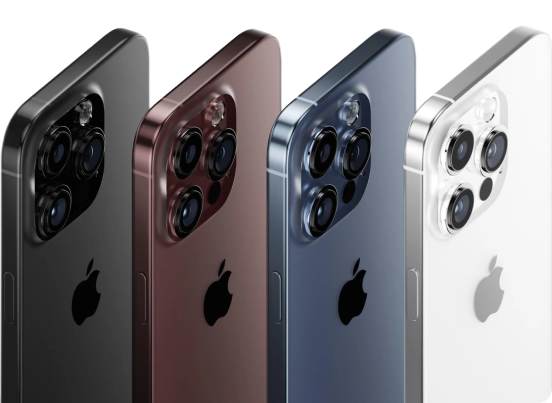In 1983, Steve Jobs presented a compelling vision for the future of computers, predicting their integration into everyday life in ways that would fundamentally alter human interaction and productivity. He emphasized the necessity of user-friendly design and the pivotal role of engineers in this transformation. Jobs anticipated that personal computers would become as ubiquitous as cars, reshaping societal norms and individual behaviors. However, the implications of his insights extend far beyond mere predictions; they invite a deeper examination of how technology influences our lives and the ongoing evolution of user experience. What might this mean for our future?
Steve Jobs’ Vision for Computers
Steve Jobs envisioned a future where personal computers would become integral to daily life, predicting their presence in every home and their usage surpassing that of automobiles.
- He recognized the transformative potential of computing devices, emphasizing that their design would evolve to meet the needs of everyday users.
- Jobs believed that personal computers would not only enhance productivity but also reshape societal interactions and habits.
- He foresaw a time when computer engineers would hold a position of paramount importance, akin to essential trades like plumbing.
The Rise of Personal Computing
The rise of personal computing has fundamentally transformed the way individuals interact with technology, leading to a profound shift in daily activities and societal norms.
- As Steve Jobs predicted in 1983, the widespread adoption of computers in homes has altered the landscape of personal and professional life.
- This shift emphasizes the importance of technology, as individuals now rely on personal computing for communication, work, and entertainment.
- Despite the initial limited public understanding of computers, advancements in user-friendly interfaces have facilitated broader acceptance.
- As technology continues to evolve, it shapes the future economy, suggesting that skills in computing will be paramount.
Ultimately, the integration of personal computing into daily life underscores its significance in contemporary society.
Importance of Computer Engineers
As the integration of personal computers into everyday life continues to evolve, the significance of computer engineers becomes increasingly apparent, reflecting their essential role in shaping technology and user experience.
- The demand for skilled computer engineers is surging, driven by the growing reliance on personal computers in homes and workplaces.
- These professionals are tasked with developing sophisticated hardware and software, innovating user-friendly interfaces that bridge the gap between complex technology and everyday users.
- Their expertise is vital in educating the public and ensuring that technology remains accessible.
- As we look to the future, computer engineers will be at the forefront of technological advancements, fundamentally transforming how we interact with digital systems in our daily lives.
Public Perception of Technology
Public perception of technology has undergone a dramatic transformation since 1983, evolving from skepticism and limited understanding to widespread acceptance and reliance on personal computers in everyday life. This evolution reflects a significant shift in societal attitudes toward technology, driven by increased accessibility and integration of computers into daily routines.
- Ubiquity of Computers: From niche devices to essential household items, computers are now integral to personal and professional environments.
- Changing Professional Landscape: The role of computer engineers has gained prominence, overshadowing traditional trades.
- Technological Literacy: As the public becomes more familiar with technology, perceptions have shifted from fear to appreciation for its potential to enhance life.
This ongoing transformation shapes the future of technology and its perception in society.
Predictions on Design and Usability
Recognizing the evolving public perception of technology, Steve Jobs stressed that the future of computing would hinge on superior design and usability, merging functionality with aesthetic appeal to enhance user experience.
- He argued that technology should transcend mere utility, embracing aesthetics and creativity as essential components.
- Jobs posited that the intersection of art and technology was crucial, advocating for a cultural shift towards prioritizing design in the tech industry.
- He acknowledged the influence of prominent designers, asserting that their contributions were instrumental for creating beautiful and functional products.
Ultimately, Jobs believed that exceptional design would not only elevate consumer perception but also guarantee market success, positioning America as a potential leader in the fusion of design and technology.
Humor and Personality in Tech
Steve Jobs effectively utilized humor and his unique personality to make complex technological concepts accessible and engaging for diverse audiences. His charisma shone through during presentations, allowing him to establish a connection with listeners while delivering bold predictions about the future of computing.
- Anecdotal Engagement: Using personal stories, such as his bowtie choice, to lighten the mood and make technology relatable.
- Humorous Comparisons: Lightheartedly likening the early computer-society relationship to a ‘first date,’ breaking the ice with his audience.
- Distinctive Style: Combining casual attire with formal touches, enhancing his relatability and reinforcing his personality.
Through these techniques, Jobs transformed the perception of technology, making it more approachable and memorable.
Lasting Impact of Jobs’ Insights
The lasting impact of Jobs’ insights is evident in the pervasive integration of computers into everyday life, fundamentally altering how individuals interact with technology and each other.
- His visionary predictions from the 1983 design conference have materialized, with nearly 95% of U.S. households owning a computer by 2021. Jobs accurately anticipated that personal computers would surpass cars in usage, reinforcing our reliance on technology for daily tasks.
- Additionally, his emphasis on aesthetic and user-friendly design set new industry standards that persist today.
- The evolution of portable computing devices, akin to the iPad, and the eventual creation of the Apple App Store reflect his foresight, establishing a digital economy that transformed software distribution and usage.
MacReview Verdict
Steve Jobs’ 1983 insights on the future of computers were nothing short of prophetic, envisioning a world where technology becomes the lifeblood of everyday existence.
- The revolution he anticipated transcended mere convenience, promising a transformative era where digital devices would dominate daily life, eclipsing even the most cherished possessions.
- In this grand narrative of innovation, the importance of intuitive design and engineering brilliance shines brightly, forever altering the landscape of human interaction and productivity in ways that continue to resonate today.




